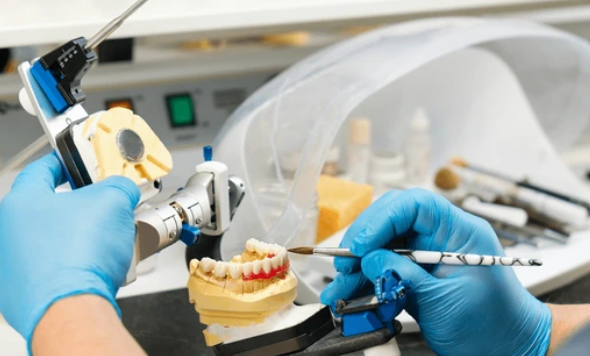With the rapid evolution of technology, simulation-based learning has become increasingly important in the education of future physicians. Simulation technology provides medical students with a unique and safe way to practice their skills and learn how to respond in emergency situations.
This article explores the impact of simulation technology on the education of future physicians in emergency medicine, according to the renowned physician Dr Michael Hilton.
The Use of Simulations
Simulation technology provides medical students with a chance to practice their skills and respond in simulated emergency scenarios without putting patients at risk.
Through simulations, medical students can interact with virtual patients, get feedback from instructors on their performance, and gain experience that would otherwise be unavailable until they enter a clinical setting.
In Dr Michael Hilton, simulations can be adapted to different levels of difficulty so that learners can challenge themselves as they progress through their training.
Benefits for Healthcare Providers
Simulation-based learning is beneficial for both healthcare providers and patients alike.
● By allowing physicians to hone their skills and develop better decision-making abilities before they are exposed to real-life scenarios, simulations help reduce medical errors while improving patient safety and care quality.
● Additionally, simulation technology can save time by enabling healthcare providers to diagnose conditions quickly without having to take a long series of tests or send samples off for analysis.
● Finally, simulations provide an opportunity for healthcare providers to work collaboratively with one another and strengthen communication between departments or organizations.
So, simulation technology provides a valuable opportunity for medical students to hone their clinical skills without putting patients at risk and can also benefit healthcare providers in terms of cost.
Conclusion:
Simulation technology is revolutionizing the way future physicians learn about emergency medicine. Simulations provide a valuable opportunity for medical students to hone their skills without putting patients at risk and for healthcare providers to improve their efficiency and collaboration capabilities. Simulation-based learning is an invaluable tool that will benefit both doctors and patients alike as it continues to evolve over time.


